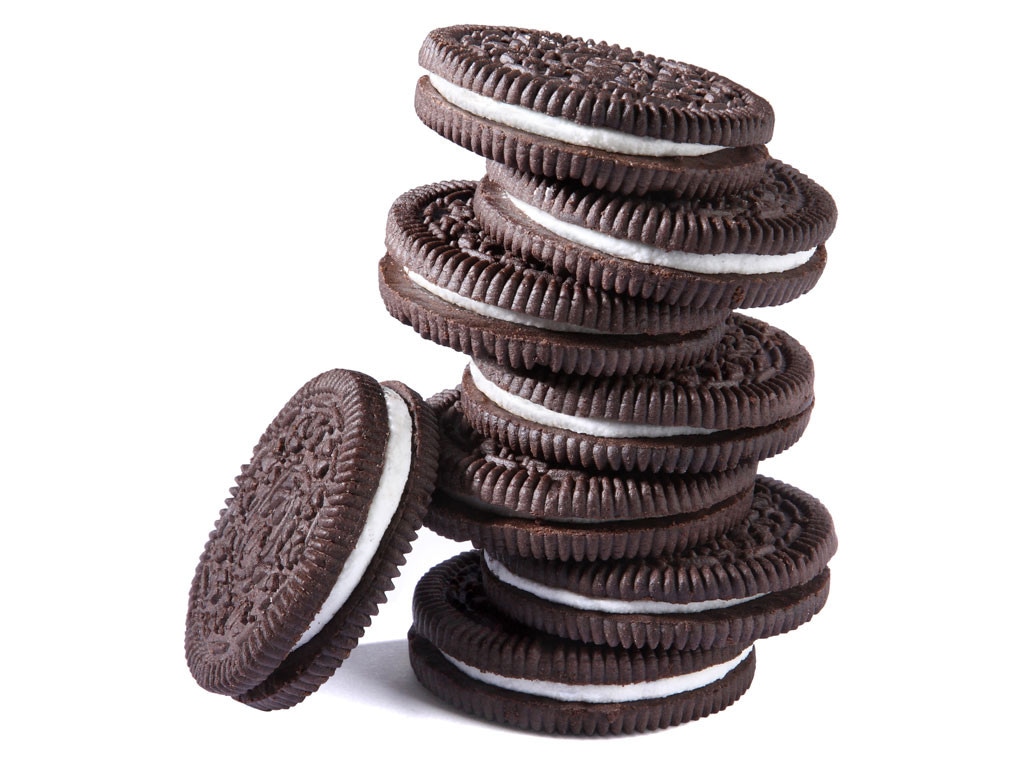 Oreo
OreoOreo might want to look into stealing Lay's catch phrase, "Bet You Can't Eat Just One." That, or just start selling their cookies crumbled up into chocolate dust and make it "Bet You Can't Snort Just One."
Because Oreos are just as addictive as cocaine.
At least that's what Connecticut College in New London, Conn. concluded, when neuroscience students and their professor tested the effects of Oreo on lab rats and discovered that both the cookie and cocaine produced similar brain activity.
The rats were fed crumbled up Oreo and then put into a maze. On one side of the maze, they found Oreos and on the other, rice cakes. The students found that the rats stuck around in the chamber with the Oreos.
Fun fact: They also found that the rats "cracked them open." Just like you and me!
The data was compared to rats that were given shots of cocaine or morphine on one side of the maze and saline on the other. They preferred the cocaine side. The difference between the two trials is the amount of pleasure stimulated in the brains of the rat. Oreos "activated significantly more neurons than cocaine or morphine."
Lauren Cameron, who helped conduct the experiment, told NBC, "It really speaks to the effects that high fat and high sugar foods and foods in general, can have on your body. The way they react in your brain, that was really surprising for me."
Senior Jamie Honohan, who devised the experiment, explained, "My interest stemmed from a curiosity for studying human behavior and our motivations when it comes to food. We chose Oreos not only because they are America's favorite cookie, and highly palatable to rats, but also because products containing high amounts of fat and sugar are heavily marketed in communities with lower socioeconomic statuses."
The research concluded that high-fat and high-sugar foods like Oreos "stimulate the brain in the same way that drugs do." Professor Joseph Schroeder said in a press release, "It may explain why some people can't resist these foods despite the fact that they know they are bad for them."
It also might just explain, neuroscience aside, that nobody wants to eat rice cakes. Not even rats. Are we surprised that they would choose an exciting treat over a dry patty of rice? If you give a mouse a cookie, not an addict does it make.
Now...anyone else craving an Oreo?